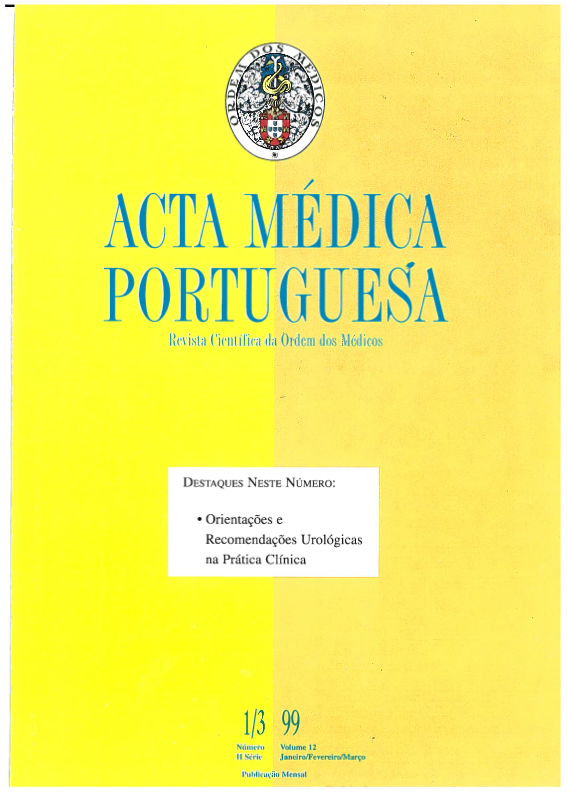Benign prostatic hyperplasia. Guidelines and recommendations in urological clinical practice.
DOI:
https://doi.org/10.20344/amp.2116Abstract
After reviewing the clinical, diagnostic and therapeutic attitudes related to benign prostatic hyperplasia, the authors present guidelines for generalists in what concerns practical attitudes and when and how to refer their patients to the urologist. Based on the criteria presented, generalists must refer their patients to a urologist in the presence of mild or severe symptoms, ages below 50, diabetes or neurological perturbations, dysfunctional voiding, palpable bladder, palpable nodule or a diffusely hardened or asymmetric gland revealed by digital rectal examination, haematuria, urinary tract infection, renal impairment or PSA above 4 ng/ml in patients under 70 years of age.Downloads
Downloads
How to Cite
Issue
Section
License
All the articles published in the AMP are open access and comply with the requirements of funding agencies or academic institutions. The AMP is governed by the terms of the Creative Commons ‘Attribution – Non-Commercial Use - (CC-BY-NC)’ license, regarding the use by third parties.
It is the author’s responsibility to obtain approval for the reproduction of figures, tables, etc. from other publications.
Upon acceptance of an article for publication, the authors will be asked to complete the ICMJE “Copyright Liability and Copyright Sharing Statement “(http://www.actamedicaportuguesa.com/info/AMP-NormasPublicacao.pdf) and the “Declaration of Potential Conflicts of Interest” (http:// www.icmje.org/conflicts-of-interest). An e-mail will be sent to the corresponding author to acknowledge receipt of the manuscript.
After publication, the authors are authorised to make their articles available in repositories of their institutions of origin, as long as they always mention where they were published and according to the Creative Commons license.









